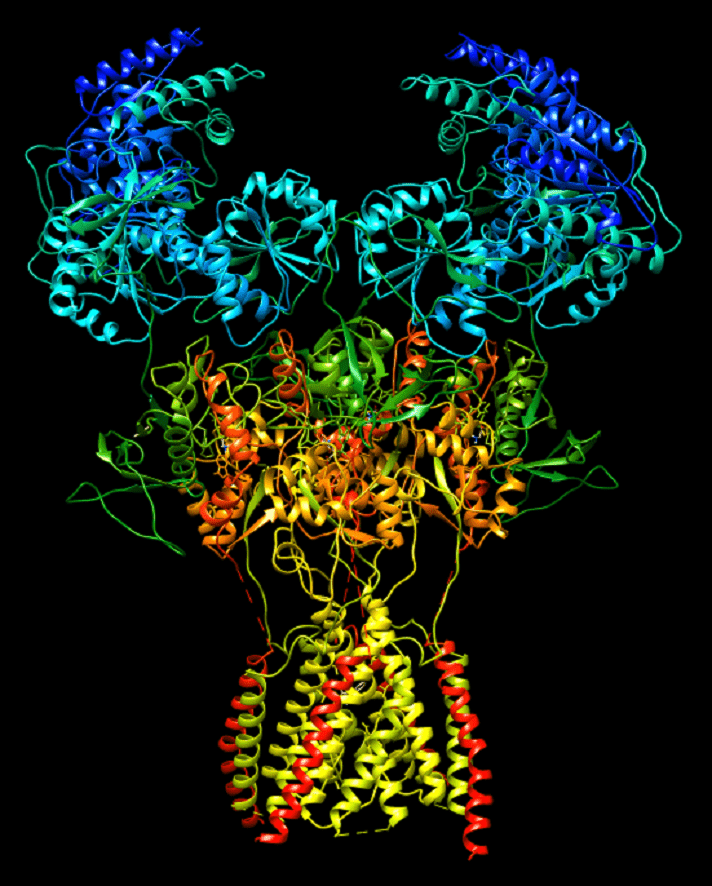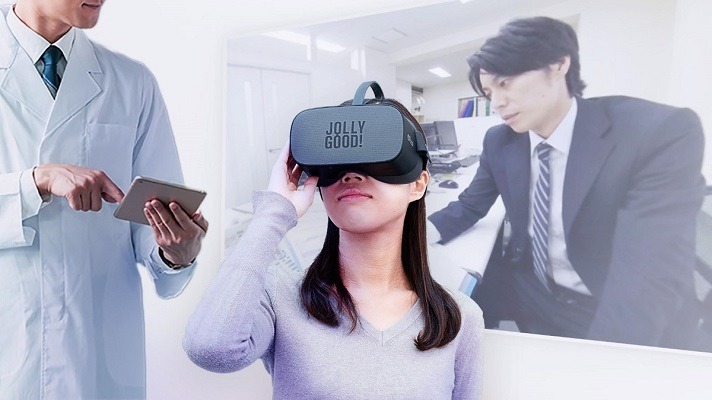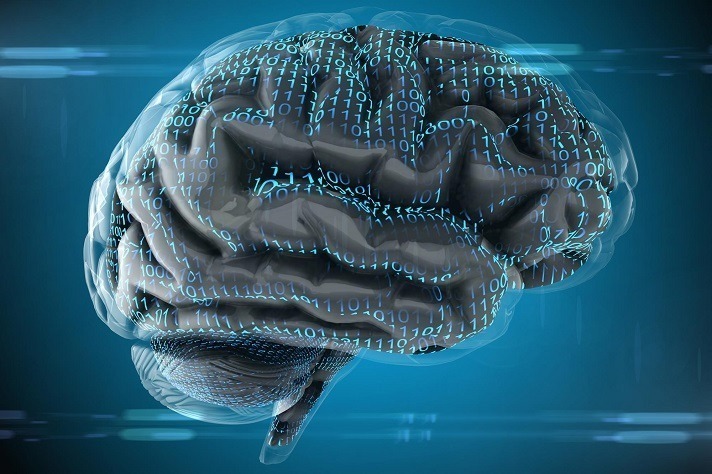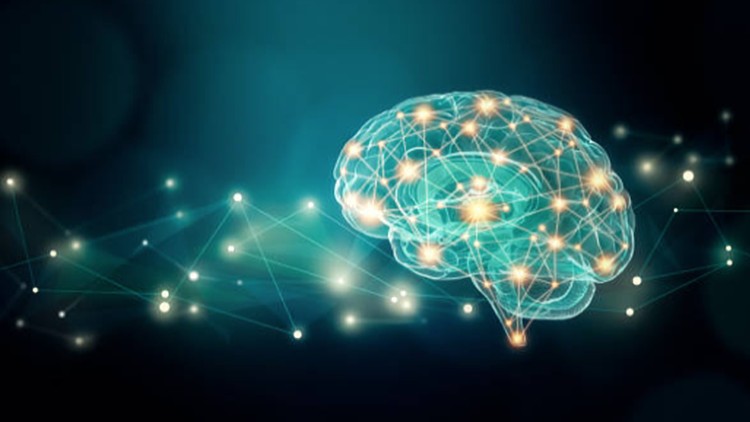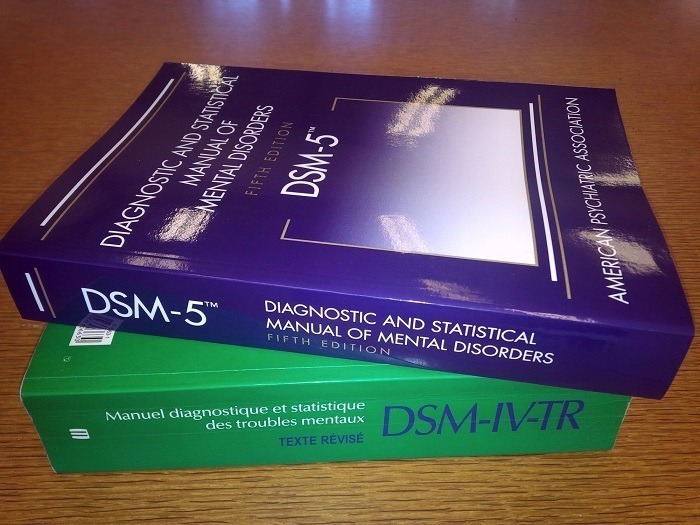Posts Tagged ‘schizophrenia’
Study identifies cognitive benefits of ketamine in patients with treatment-resistant depression
Which factors determine what we believe about our world, ourselves, our past, and our future? Cognitive neuroscience suggests that our beliefs are dependent on brain activity, specifically on the way our brains process sensory information in order to make sense of our environment. These beliefs (defined as probability estimates) are central to our brain’s predictive…
Read MoreOtsuka and Virtual Reality start-up Jolly Good sign $43M deal to promote Social Skills Training (SST) therapies, helping schizophrenia patients first
Otsuka signs on Jolly Good for $43M mental health VR deal (Fierce Biotech): The duo will build out software—hosted on Jolly Good’s VR goggles and connected tablet devices, and backed by Otsuka’s expertise in developing neurological therapeutics—that takes a social skills training (SST) approach to treating mental illness. SST is a behavioral therapy in which…
Read MoreDebunking four myths about decision-making capacity to keep Britney Spears and others safe
Britney Spears’ impassioned remarks in court have raised many questions about conservatorships, including when they’re necessary and whether they effectively protect someone’s best interests. When one loses the capacity to make decisions for oneself the court appoints a guardian, or conservator, to make those decisions. Appointing someone to make decisions about personal and financial matters…
Read MoreUpdate: A life of cognitive and physical exercise helps you stay sharp in your 70s and beyond
Welcome to a new edition of SharpBrains’ e‑newsletter, featuring 13 fascinating brain research findings, useful resources–and a brain teaser to test your attention skills. #1. Good news of the month: Elders today are in significantly better shape–physically and cognitively–than three decades ago #2. A distinction WITH a difference: Actual, sustained practice–not mere knowledge–is needed to…
Read MoreClick Therapeutics and Boehringer Ingelheim partner to develop and market a digital therapeutic to treat schizophrenia
Boehringer Ingelheim, Click Therapeutics ink $500M+ digital therapeutics development, commercialization deal (MobiHealthNews): International pharma Boehringer Ingelheim and prescription digital therapeutics company Click Therapeutics have inked a $500 million-plus deal to jointly develop and commercialize a digital treatment for patients with schizophrenia.
Read MoreThe way we approach Mental Health today is broken beyond repair. The question is, what comes next, and how fast can we get there?
The hidden links between mental disorders (Nature): In 2018, psychiatrist Oleguer Plana-Ripoll was wrestling with a puzzling fact about mental disorders. He knew that many individuals have multiple conditions — anxiety and depression, say, or schizophrenia and bipolar disorder. He wanted to know how common it was to have more than one diagnosis, so he…
Read More
